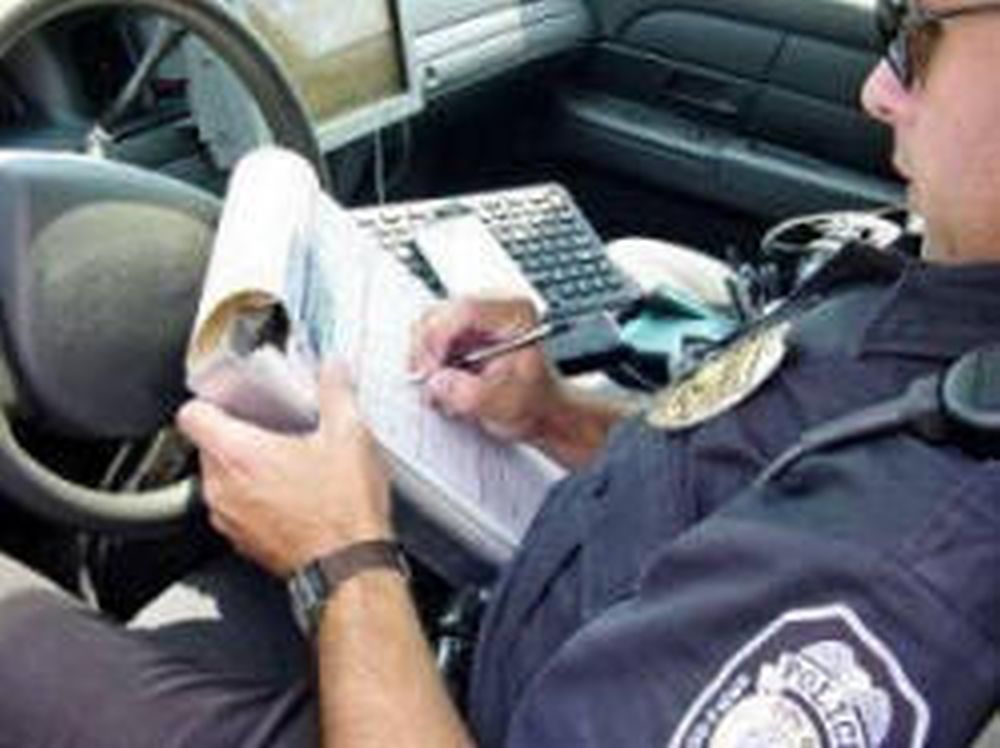Finding the Perfect Auto Insurance Policy
 Getting the right auto insurance policy can be a challenge. It’s important to make sure you have adequate protection for both you and your vehicle. Whether you’re a first-time buyer or looking to switch, understanding the basics and taking some time to shop around can help you find the best option for your needs. Here are some tips for finding the right auto insurance policy for you:
Getting the right auto insurance policy can be a challenge. It’s important to make sure you have adequate protection for both you and your vehicle. Whether you’re a first-time buyer or looking to switch, understanding the basics and taking some time to shop around can help you find the best option for your needs. Here are some tips for finding the right auto insurance policy for you:
1. Educate yourself: Get familiar with the different types of auto insurance policies, and what types of coverage are available. Auto insurance coverage typically includes liability, which covers you for damages caused to others in an accident; collision, which covers you for losses on your own vehicle; comprehensive, which covers losses from fires, theft, or hail; and uninsured/underinsured motorist coverage, which reimburses you for losses caused by an uninsured or underinsured driver.
2. Determine your needs: Think about how you drive, how much you drive, and the usual conditions of the roads you use. If you use your car mainly to go to and from work, or you live in an area with few incidents of theft or accidents, you may not need as much coverage. On the other hand, if you drive a lot or live in an area with frequent incidents, you may need extra protection.
3. Get multiple car insurance quotes: You’ll want to compare different car insurance policies and decide which one is the best option for you. Comparing multiple policies can save you time and money, so be sure to get quotes from at least three providers. Look for discounts, books, and special offers that can reduce your premiums.
4. Read the fine print: Read over the policy carefully and understand what is and isn’t covered, so you know what you’re getting and what it’ll cost you. You don’t want to wind up with surprises after a claim.
5. Ask questions: Any reputable auto insurance company should be able to answer your questions so you can make an informed decision. Speak to an experienced agent if you are at all unsure of something so you can get an explanation.
6. Choose the right deductible: Deductibles are how much you’ll pay out of pocket before your insurance company pays on a claim. Most people opt for a higher deductible to reduce their premium, but you need to choose a deductible you’re comfortable with.
7. Review and update: Once you’ve chosen a policy, review it every year or so and update it as needed. Life changes, needs change. Make sure your car insurance policy reflects your current needs.
Expanding upon the topic, after you know what you need, the next step is to shop around. Different car insurance companies offer different coverage at different prices, so it’s important to do your research. Look at both big and small insurers to get a good selection of policies and prices. Research customer reviews to get an idea of how the company handled claims in the past and take note of any possible discounts, such as those for good drivers or safe vehicles.
It’s also important to consider coverage limits. Most liability policies come with a maximum level of coverage for damages you are responsible for. Make sure the coverage limits are enough to cover any potential damages you may be held responsible for. Additionally, consider opting for additional coverage such as uninsured/underinsured motorist coverage, or medical coverage if you don’t receive coverage through another policy.
To make the best decision, you’ll need to know what your coverage needs are. Do you live in an area prone to hail storms or floods? Do you drive a lot, and do you take extra measures to ensure your vehicle’s safety? Once you’ve established your needs, you’ll have a better idea of what policy will work best for you.
Don’t forget to look at the company’s financial stability too. Make sure the car insurance company you’re considering is in good financial standing and will remain so in the future. You don’t want to pay for a policy with a company that will go bankrupt six months later. Look for companies with A or better ratings from A.M. Best, Standard & Poor’s, and Moody’s.
When you’re ready to start shopping, it’s important to compare the quotes you get from multiple providers. First, look at the coverage options. Some policies may offer more coverage at a lower premium, while others may offer more options at a higher premium. Don’t forget to consider customer service too. You’ll likely need to contact the insurance company if you file a claim, so get an idea of how responsive they are before you purchase a policy.
Lastly, consider what additional features you get with the policy. Some car insurance companies provide additional services such as roadside assistance, rental car reimbursement, and accident forgiveness. These may be worth considering if you want a comprehensive auto policy that’ll cover you for any eventuality.
Finding the right auto insurance policy for you can seem overwhelming, but with some time and research, you can find the best policy for your needs. Educate yourself, shop around, and compare policies to find the one that works best for you.
How to Use Your Auto Insurance Policy Effectively
Are you wondering how to use your auto insurance policy effectively? Of course, everyone wants to protect their vehicles and be covered in the event of an emergency. Here are several key tips that can help you use your car insurance policy to its full potential.
 Firstly, it is important to determine your coverage needs. Knowing fully what is included in your policy and what you are covered and not covered for is essential. Consider whether you need extra coverage such as advanced liability, towing, rentals, and more. Discuss these options with your insurance provider and tailor your policy to fit your needs.
Firstly, it is important to determine your coverage needs. Knowing fully what is included in your policy and what you are covered and not covered for is essential. Consider whether you need extra coverage such as advanced liability, towing, rentals, and more. Discuss these options with your insurance provider and tailor your policy to fit your needs.
Another useful tip is to compare rates and shop around. Look for the best value for the policy you have in mind. Check to see if the provider can offer you discounts for being a loyal customer, a safe driver, or having multiple vehicles. Additionally, take the time to find out what coverage your state requires.
It’s smart to ask questions. Sometimes, car insurance policies are complicated. A clear understanding of your policy will help you understand what you are covered and not covered for and whether you need to make changes. If you are unsure or confused about any aspect of your policy, reach out to your customer service representative and ask the questions you need answered.
It is also wise to review your policy yearly. As changes occur in your life, you may need to adjust your coverage accordingly. For instance, if you bought a new car, you may need to update your coverage. Your insurance company will be able to guide you through the process.
Finally, always keep accurate records and know-how to file a claim. Keep records of payments for your insurance premium and any auto repairs you may have. Additionally, keep receipts and photos of important documents such as car registrations to help your case if you need to file a claim.
Once you have done the basics mentioned above, there are several other steps that you can take to make sure you’re using your insurance policy effectively. Firstly, be an informed consumer. Research different providers to find the right coverage for your needs. Also, consider higher deductibles for better rates. Furthermore, keep your car in a safe place and add safety features to reduce rates. Finally, check the insurance history of your car before buying it.
Additionally, it pays to check for any special discounts that may be available to you as a customer. These may include discounts for being a student, having a clean driving record, or setting up automatic payments. You should also take advantage of savings opportunities such as multi-line policy discounts and multi-vehicle discounts if applicable to your situation.
In addition, it is important to be honest and open with your insurance provider. Inaccurate or incomplete information on your policy can cause complications when submitting a claim. Be certain to include anything that could affect your policy, such as the make and model of your vehicle, if it is used for business purposes, or any modifications you have made.
Finally, try to be proactive and stay on top of any changes and discounts available for the policy that you have. Pay attention to auto industry news and new technology, laws, and regulations that may influence insurance rules and premiums. For example, a reduction in rates could mean better coverage or policy benefits, so keep informed so you can reap the rewards.
We all want to protect our vehicles and be covered in the event of an emergency. By taking the time to understand the insurance policy that you have and all of its components, you can maximize the benefits available to you, while also ensuring that you are getting the best coverage for your needs. With these tips, you can make the most out of your auto insurance policy.






